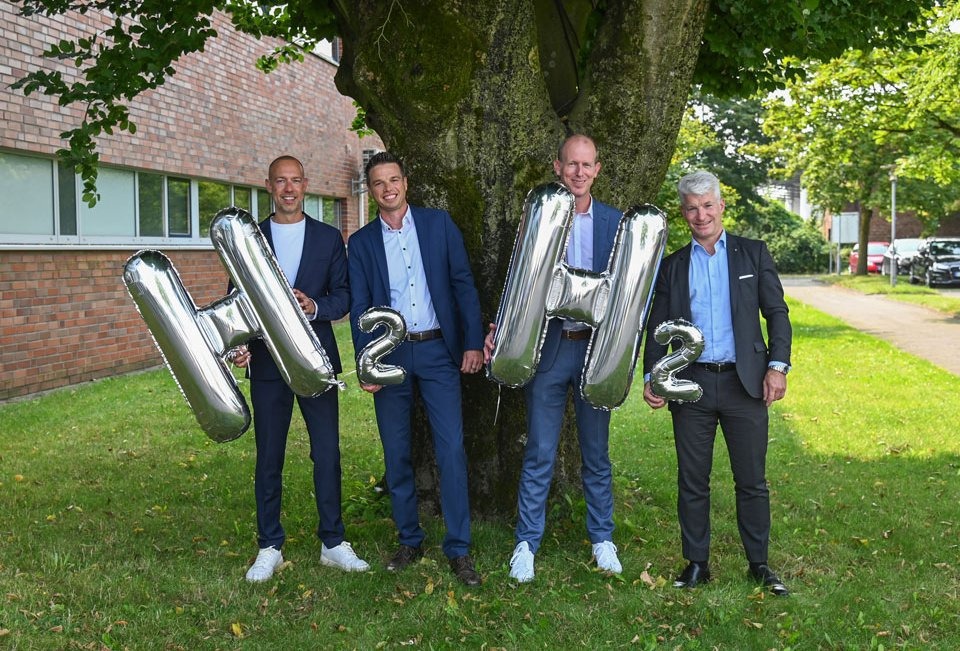Costa Rica Aims for Decarbonisation Through Green Hydrogen Projects

The Mitigation Action Facility was joined by a member of the German company GIZ as they announced a major project that will see green hydrogen being used as an alternative to traditional, carbon-producing energy sources.
Speaking to Deputy Minister of Energy Ronny Rodríguez, the MAF – a multi-donor fund that supports and finances climate projects in its partner countries – said: “It is extremely important for us that we start generating knowledge through projects where we have financial support from the initial stages, in such a way that, as the project continues to develop, we will be able to see […] what the environmental benefits are, what the social and economic benefits are, and from there generate what we call a hydrogen ecosystem.”
The project – known as the Green Hydrogen for a Decarbonised Economy in Costa Rica project – will see a total of €25,000,000 investment, and aims to promote and establish green hydrogen as an alternative fuel for sectors that cannot easily be made electric, such as the cement and heavy-vehicle transport industries.
The project will see the construction of a green hydrogen production facility and an ammonia production plant, along with a fleet of 45 FCEV trucks. There will also be policy changes – including a green hydrogen roadmap – which will ensure the smooth implementation and operation of the industry, as well as future collaborations with research centres and training facilities to create skilled local workforces.
It will also seek to motivate investments from both national and international banks in future projects within the country, and is also hoped to encourage both public and private decision-makers to champion the development of the industry and to take advantage of the 98% renewable electricity and easy access to water that makes Costa Rica a particularly desirable region for the hydrogen industry.
“The project has two major components,” commented Claus Kruse, interim director of the project and member of the Deutsche Gesellschaft für Internationale Zusammenarbeit (GIZ), which provides services related to sustainable development and education internationally.
“On one hand, financial assistance to support the initial investments in projects involving green hydrogen through concessional loans and subsidies, which are necessary as it is a new segment of the economy with high initial costs. On the other hand, technical assistance to develop human and institutional capacities, adjust the framework as necessary, and to formulate strategies to generate positive social impacts, such as creating employment.“
GIZ first presented the idea for the Green Hydrogen Decarbonisation project to the MAF in May 2021, on behalf of the Costa Rican government, where they encouraged the MAF to compete for funds to develop the project within the country. In October of the same year, it was announced during the COP26 conference in Glasgow that Costa Rica’s proposal had been accepted – the only proposal to be selected in Latin America.
“This is a unique model,” said Rodríguez. “It means that Costa Rica has a great deal of support, and that will turn itself into an opportunity to give capacity to the private and public sectors, together with the state rectory, to venture into a new energy.
“We need to de-accumulate carbon in the atmosphere, and this is one of the forms of energy that has all the potential towards the future. The idea is to gather knowledge for the new generations, and to give them one more tool to mitigate the effects of climate change.”
The Green Hydrogen for a Decarbonised Economy in Costa Rica project is set to formally begin of the 1st September, with the GIZ in charge of its implementation.

